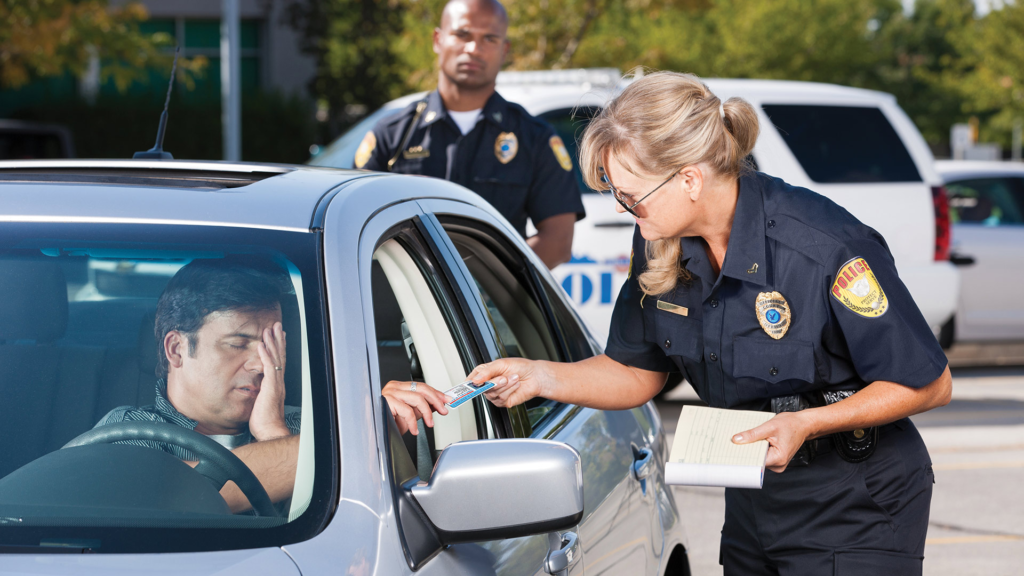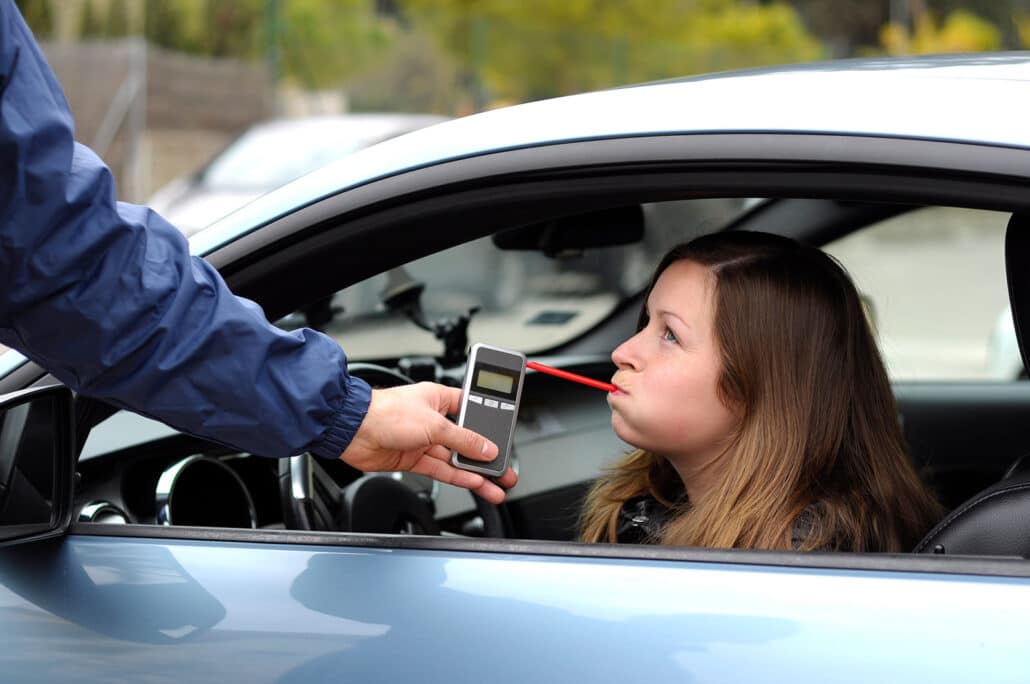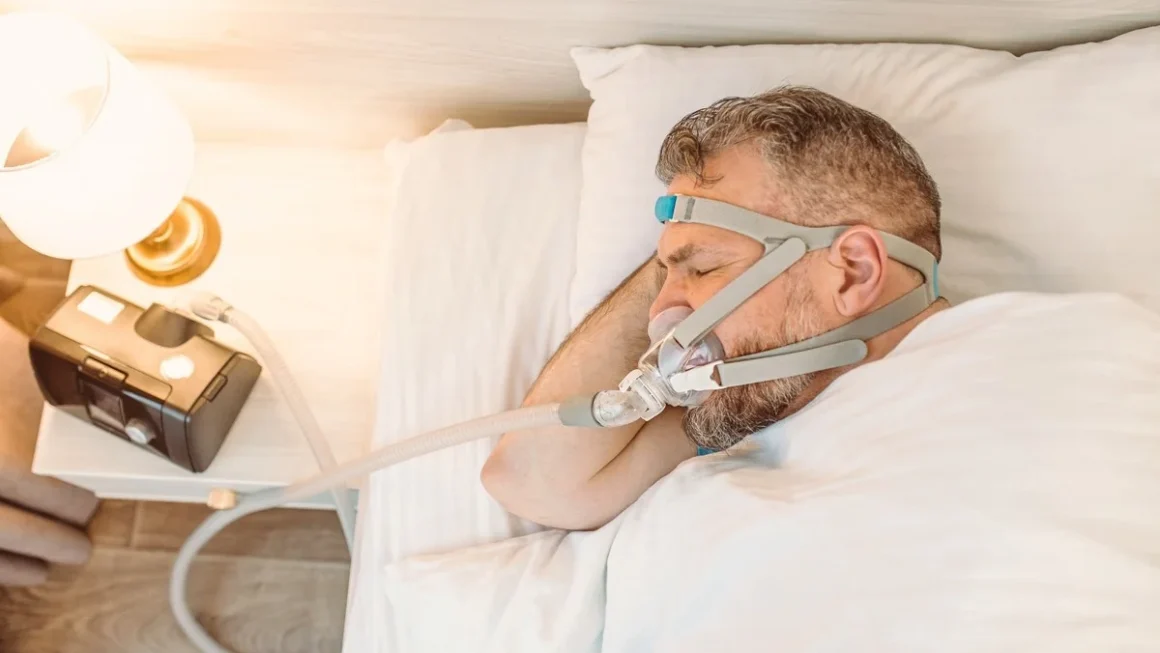Table of Contents
When a police officer pulls you over during a traffic stop, they may ask questions and check if you’re under the influence of alcohol or drugs. This is known as a “drug testing traffic stop.” But how does it work? Can an officer test you for drugs at a traffic stop, and what happens if they suspect you’ve been using substances?
At a drug testing traffic stop, the officer must first have a reason to believe you are impaired. This could be from something like driving erratically or breaking traffic laws. If they suspect drug use, they may request further tests, such as field sobriety tests or a chemical test. In this blog post, we’ll explain the process and what you should expect during a traffic stop for drug testing.
What Happens During a Drug Testing Traffic Stop
When you get pulled over during a traffic stop, police officers may check if you’re driving safely. If the officer thinks you might be under the influence of drugs, this could lead to what’s called a “drug testing traffic stop.” This means the officer suspects you might be using drugs and needs to test if you’re impaired.
During this kind of stop, the officer first needs to have a good reason to suspect drug use. This could happen if you’re driving erratically, like swerving or speeding. Once the officer has this suspicion, they may ask you to step out of your car to perform a field sobriety test. These tests help determine if you’re showing signs of being impaired, such as unsteady movements or slurred speech.
If the officer still believes you are under the influence, they can ask you to take a chemical test. These tests are more accurate and help confirm whether you’ve been using drugs. It’s important to know that refusing this test can result in serious consequences, such as losing your driving privileges.
How Can Police Officers Detect Drugs at a Traffic Stop

Police officers have special training to spot signs that someone may be under the influence of drugs during a traffic stop. They look for certain behaviors that suggest you might be impaired. For example, officers can notice if you’re acting overly nervous, if your eyes are red or dilated, or if you’re having trouble following simple instructions.
In a drug testing traffic stop, officers may use a field sobriety test to check your balance and coordination. This test involves simple tasks like walking in a straight line or standing on one leg. If you have trouble completing these tasks, it may give the officer a reason to suspect drug use.
If the officer believes drugs are involved, they may also ask for a blood test or urine sample. These tests check for the presence of illegal drugs in your system. Officers can use this information to decide if further legal actions are needed.
What Are the Steps of Drug Testing at a Traffic Stop
During a drug testing traffic stop, there are several steps an officer will follow. First, they need to stop the vehicle and gather information. The officer will check your license, registration, and insurance, just like a normal traffic stop. But if they notice signs that you could be under the influence, they may ask you to take a sobriety test.
The second step is conducting a field sobriety test. This might include simple activities to check your balance, speech, and motor skills. If you fail this test, the officer might ask you to take a chemical test at a nearby facility. This test can be a blood or urine test to check for traces of drugs in your body.
Finally, if drugs are detected in your system, you could face charges. It’s important to note that you have the right to refuse certain tests, but this can lead to consequences like losing your driver’s license.
Steps in a Drug Testing Traffic Stop:
- The officer pulls you over based on reasonable suspicion.
- You are asked to take a field sobriety test.
- If necessary, a chemical test (blood or urine) is conducted.
- You may face charges if drugs are found.
Can You Refuse a Drug Test During a Traffic Stop

Yes, you can refuse a drug test during a traffic stop, but it comes with serious consequences. Refusing a chemical test such as a blood or urine test can lead to an automatic suspension of your driver’s license. This suspension can last for several months or even longer, depending on the laws in your area.
However, refusing a test does not mean you’re in the clear. Officers can still arrest you for driving under the influence based on other signs of impairment, such as your behavior during the traffic stop. In some cases, the officer might even get a warrant to test your blood if they believe drugs are involved.
Remember, even if you refuse a drug test, the officer may still have enough evidence to charge you with a DUI. It’s always best to know your rights and understand the consequences before making a decision.
Understanding the Importance of Probable Cause in Drug Testing Traffic Stops
Probable cause is an essential part of any drug testing traffic stop. This means the officer must have a valid reason to pull you over and suspect drug use. Without probable cause, the stop could be considered illegal, and any evidence obtained might not be usable in court.
For example, if an officer pulls you over for speeding but doesn’t observe any signs of drug use, they would not have probable cause to perform a drug test. However, if the officer notices your driving is erratic, such as swerving between lanes or running a red light, that gives them a reason to suspect impairment. Probable cause is the foundation for a lawful drug testing traffic stop.
If you feel the officer did not have enough reason to suspect drug use, it’s important to speak with a lawyer. They can help you understand your rights and the next steps in fighting any charges.
Key Points of Probable Cause:
- Officer must have a reason to stop you (e.g., erratic driving).
- Without probable cause, the stop could be deemed illegal.
- Probable cause ensures the test and evidence are lawful.
What Should You Do If You’re Stopped for Drug Testing on the Road

If you’re stopped for a drug test during a traffic stop, it’s important to stay calm and cooperate with the officer. First, make sure you have your driver’s license, registration, and proof of insurance ready. These documents are necessary for the officer to process the stop.
Next, be prepared to perform a field sobriety test. Remember, these tests are meant to measure your coordination and behavior. If the officer asks you to take a chemical test, know that you have the right to refuse, but doing so can lead to a suspension of your driver’s license.
If you’re arrested or charged, you may want to contact a lawyer to help you understand the legal process. Having professional legal support can help protect your rights and ensure you have a strong defense.
Conclusion
In conclusion, a drug testing traffic stop is an important process that helps keep roads safe. Police officers must follow certain rules to test if someone is under the influence of drugs. They need reasonable suspicion or probable cause to stop a driver, and if needed, they can perform tests to check for impairment. Always remember that refusing a drug test can have serious consequences, like losing your driver’s license.
If you find yourself in a drug testing traffic stop, stay calm and cooperate with the officer. Understanding the process can help you make better decisions. If you face charges, it’s a good idea to talk to a lawyer who can guide you through the legal steps. Knowing your rights and responsibilities is key to protecting yourself during these situations.
FAQs
Q: Can I refuse a drug test during a traffic stop?
A: Yes, you can refuse a drug test, but this may lead to losing your driver’s license and other penalties.
Q: What happens if I fail a field sobriety test?
A: If you fail a field sobriety test, the officer may ask you to take a chemical test, like a blood or urine test, to check for drugs.
Q: Can officers test for all types of drugs during a traffic stop?
A: Officers can test for many drugs, but they need specific tests, such as blood or urine tests, to detect them accurately.
Q: Do I need to agree to a chemical test if asked during a traffic stop?
A: No, you don’t have to agree to a chemical test, but refusing it can result in losing your license and other penalties.
Q: What is probable cause for a drug testing traffic stop?
A: Probable cause is when an officer has a good reason, like erratic driving, to believe a driver may be under the influence of drugs.




